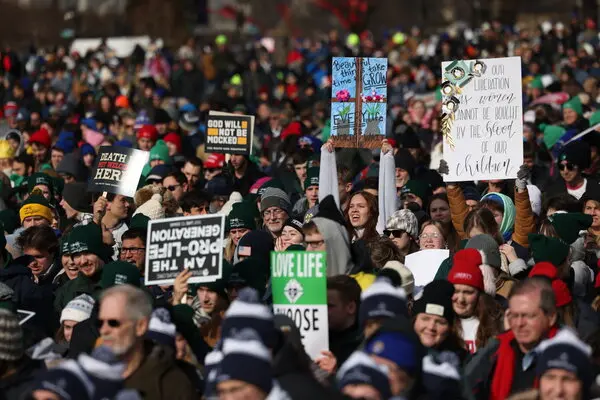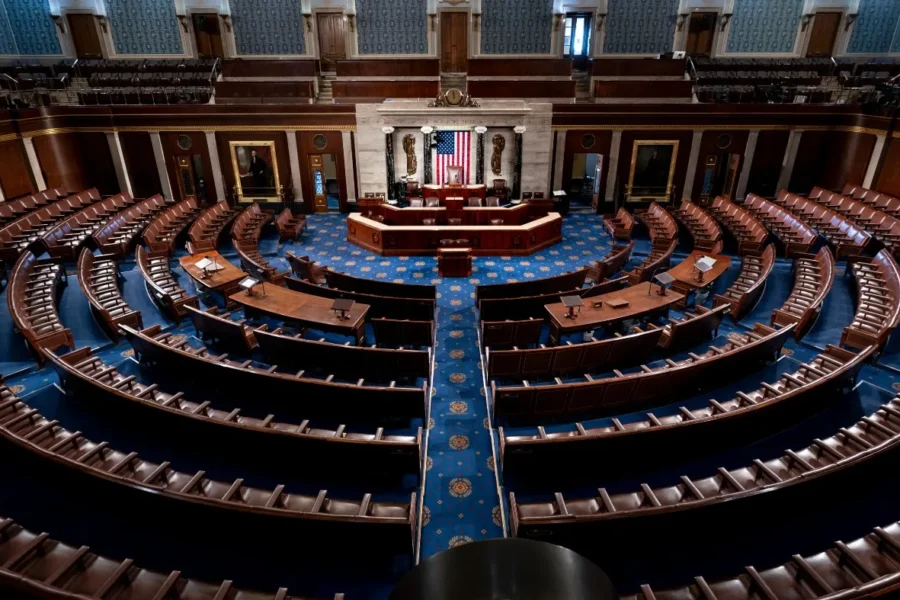The following legal analysis was written by AUL attorney Anna Franzonello in response to Friday’s notice of proposed rulemaking from the Obama Administration:
The Obama Administration has not substantively altered its assault on the First Amendment’s Freedom of Conscience. Friday’s notice of proposed rulemaking (NPRM) reiterates the Administration’s commitment to what is often referred to as the “HHS mandate”– its coercive policy of forcing coverage for life-ending drugs and devices.
In some significant ways, the Obama Administration’s NRPM is even narrower than the protections it had previously entertained as a possibility in its March 2012 Advance Notice of Proposed Rulemaking (ANPRM).
In the ANPRM, for example, the Obama Administration asked for input on whether for-profit employers with religious objections should be accommodated. Today, they announced that for-profits with religious or moral objections—such as the Bible publisher Tyndale and family run businesses like Hobby Lobby—will absolutely not be afforded any conscientious protection.
The NRPM acknowledges that under the regulation issued by HHS in February 2012, if a church (that otherwise would have been exempted from the mandate) maintained a soup kitchen, or ran a parochial school, it could have been disqualified from the conscience protection because it served or hired persons regardless of their faith. The NPRM states that this disqualification “was never [HHS’s] intention.” That, of course, is undermined by the fact that requiring organizations to be insular, and primarily serve and primarily hire persons of their own faith, were explicit requirements chosen by HHS.
While it is a small step forward to drop the insularity requirements, the Obama Administration’s exemption still only applies to a very narrow category, and does not extend the guarantees of religious liberty and freedom of conscience to all Americans.
In fact, Friday’s announcement states that the Obama Administration will not, as it had previously considered, exempt or even “accommodate” an entire single group health plan of a church or religious organization, if each affiliated employer on the single group health plan does not independently meet the narrow requirements of the Obama Administration’s definitions.
The NPRM’s proposed “accommodation” for only certain religious non-profits is also grossly inadequate.
Besides failing to consider for-profit employers and non-religiously affiliated non-profits whose pro-life consciences are none-the-less violated by the HHS mandate, the NPRM is clear that “all references to ‘accommodation’ are references to an arrangement in which contraceptive coverage is provided…including objecting religious institutions of higher education.” Accommodation does not mean an exemption.
The NRPM’s description of the “accommodation” as alleviating the conscience concerns of even the select few it pretends to protect requires a substantial amount of make-believe. Its argument that a “separate” contraceptive plan (that employees/students must be automatically enrolled in—there is no individual opt-out) will somehow not require the payment of either the enrollees or the “accommodated” religious non-profit, rests on the idea that it “is cost neutral because they would be insuring the same set of individuals under both policies…” Put another way, it is only cost-neutral for the insurance company if both “separate” policies are considered. In order to make the Obama Administration’s math for “free contraception” work, these insurance plans are not really distinct.
Importantly, the NPRM does nothing to correct the inappropriate inclusion of the abortion-inducing drug ella in a provision of the Affordable Care Act that was intended to prevent diseases. Forcing coverage for life-ending drugs and devices under the guise of “preventive care for women” is not achieving the goal of “public health and gender equality” announced in the NPRM.
The Obama Administration may hope that announcing its policies on a Friday afternoon will result in the American public either not noticing, or forgetting over the weekend. However, 48 hours will not change the fact that the HHS mandate continues to violate protections in state and federal laws and the foundational American principle of Freedom of Conscience.
AUL developed an opt-out bill that has been used by eight of the 18 states that have opted-out of offering insurance plans that cover abortion in the state Exchanges required under Obamacare. AUL has also filed amicus briefs in the following on-going cases, arguing that parts of Obamacare are not Constitutional because of violations of First Amendment Conscience Rights: Belmont Abbey College v. Sebelius, Wheaton College v. Sebelius, Nebraska v. Sebelius, and O’Brien v. U.S. Department of Health and Human Services. In addition, AUL filed a joint brief with other pro-life allies in United States Department of Health and Human Services v. Florida before the United States Supreme Court.




